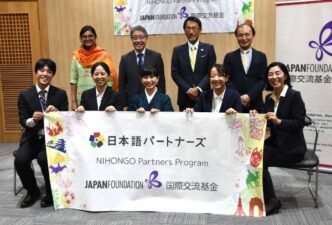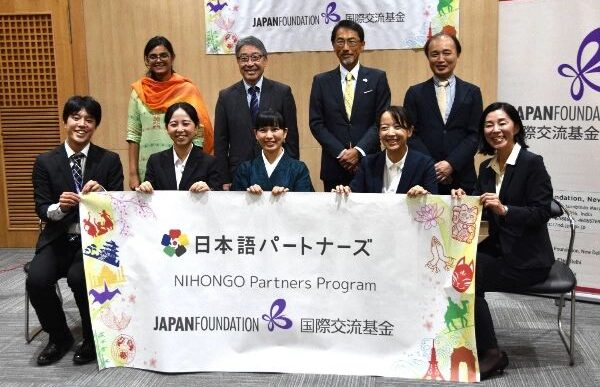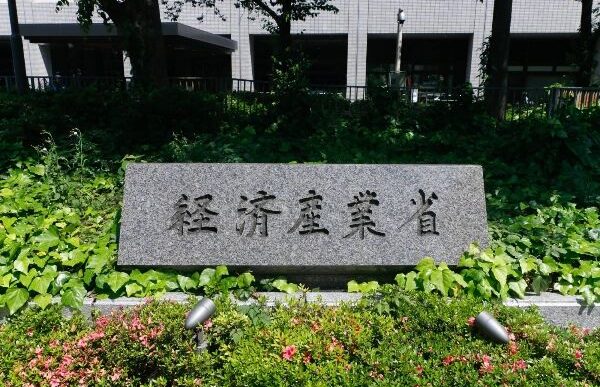Japan has once again amazed the world with its impressive life expectancy. According to the latest government data, the country now has over 100,000 centenarians (people aged 100 years or older) — a new record in its history. This milestone reflects not just advances in healthcare but also the unique lifestyle, diet, and culture that contribute to Japanese longevity.
Japan consistently ranks among the top nations for life expectancy, with women living on average to 87 years and men to 81 years. But what exactly is the secret behind so many Japanese living such long, healthy lives?
Here are 7 key reasons why Japan is home to the highest number of centenarians in the world:
1.
Balanced Diet Rich in Fish and Vegetables
Traditional Japanese meals emphasize fresh fish, seaweed, vegetables, tofu, rice, and fermented foods like miso. These foods are low in unhealthy fats but high in nutrients, antioxidants, and omega-3 fatty acids that keep the heart and brain healthy.
2.
Portion Control – The “Hara Hachi Bu” Philosophy
In Okinawa, known as the “Land of Immortals,” people practice “Hara Hachi Bu” — eating until they are 80% full. This simple habit prevents overeating, helps maintain a healthy weight, and reduces stress on the body’s organs.
3.
Strong Social Bonds and Community Living
Loneliness can shorten life, but Japanese society emphasizes community ties. From neighborhood gatherings to intergenerational support, elderly people in Japan often remain socially active, which boosts mental and emotional well-being.
4.
Daily Physical Activity
Instead of intense workouts, most Japanese incorporate gentle movement into daily life — walking, gardening, cycling, or practicing traditional exercises like radio taiso (morning stretches). This keeps them fit without straining the body.
5.
Low Stress Lifestyle and Mindfulness
Practices like meditation, tea ceremonies, and spending time in nature (shinrin-yoku or “forest bathing”) help the Japanese reduce stress and maintain inner calm. A peaceful mind contributes to a healthier body.
6.
Universal Healthcare and Preventive Checkups
Japan’s healthcare system ensures easy access to medical care. Regular health screenings and preventive checkups catch diseases early, allowing treatment before they become life-threatening.
7.
Positive Attitude Towards Aging
Unlike in some cultures where aging is feared, in Japan the elderly are highly respected and celebrated. National holidays like Respect for the Aged Day honor older people, giving them a sense of pride, purpose, and belonging — all of which contribute to longer lives.
A Lesson for the World
Japan’s achievement of having over 100,000 people aged 100 or more is not just a medical miracle, but a lifestyle success story. By eating mindfully, staying active, nurturing relationships, and respecting elders, the Japanese have created a culture where longevity thrives naturally.
As the rest of the world faces challenges of aging populations, Japan offers a powerful example: longevity is not just about living longer, but living healthier and happier.
















